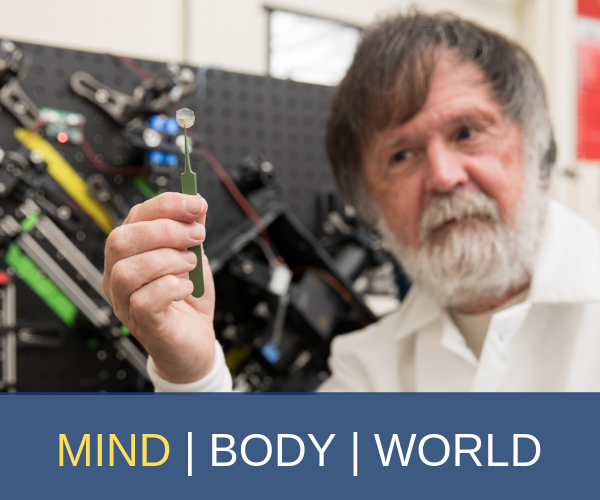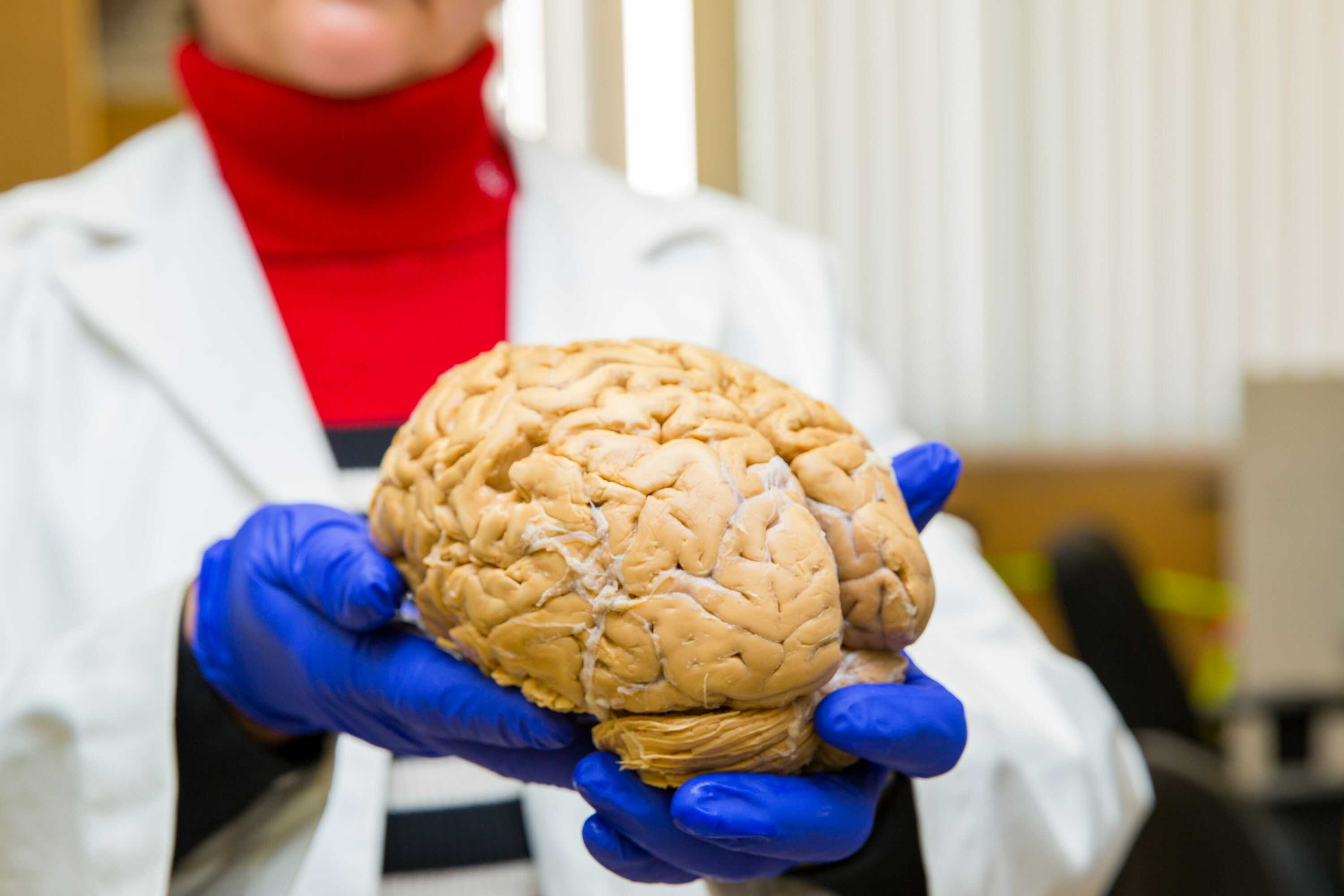Audacious and Cutting-edge
Neurobiology and Behavior (NBB)
NBB is ranked as one of the top neuroscience departments in the country and engages in interdisciplinary approaches to the study of neurobiology. Faculty members in the Department address questions in neuroscience at the molecular, cellular, systems, and behavioral levels. Research focuses on a range of topics including learning and memory, neurodegenerative disorders, addiction, sensory neurobiology, developmental neurobiology, and neural plasticity.

We Give It Our Best Zot!
Innovation From the Start
The UC Irvine Charlie Dunlop School of Biological Sciences was founded on an innovative principle: our departments were organized to encourage flexible scientific inquiry rather than the static approach of classical topics. This unique structure encourages faculty teamwork and has contributed to our ascent as one of the nation’s top research institutions.
We Are Innovators
The First Department in the World Dedicated to the Brain
Established in 1964, the Department of Neurobiology and Behavior was the first neuroscience department. Dr. Edward Steinhaus, the first Dean of UCI’s Charlie Dunlop School of Biological Sciences, insisted that one of the School’s departments be devoted to behavior and its neural substrates because he felt that this field was too important to be left solely to other disciplines. Steinhaus organized the School’s three other departments according to levels of biological organization but gave founding chair Dr. James L. McGaugh the task of forming a Department to study neural function at all levels, from molecules through cells, circuits, and systems to behavioral interactions with the environment. The department has since changed the name that Steinhaus gave it (Psychobiology) but has not changed its mission. We remain committed to studying how the brain produces adaptive behavioral responses and to teaching future generations of neuroscientists how to be independent and effective problem solvers.

NBB Faculty
Forbes Best Value Colleges
Choice for first-generation freshman students applying to UC
UC Irvine is ranked in the top 10 on U.S. News & World Report
Rank in the nation for Diversity according to The Wall Street Journal
A Message From the Department Chair
Welcome to the Department of Neurobiology and Behavior is made up of a community of faculty, students, postdoctoral fellows and staff who share a common goal: creating an exciting intellectual environment that optimizes our research and teaching missions. Our faculty are highly distinguished both nationally and internationally. Presently two of our faculty are in the National Academy of Science, two in the American Academy of Arts and Sciences, two in the Royal Society of London, one in the Royal Society of Edinburgh, and six in the American Association for the Advancement of Science. Moreover, collectively our faculty have received a wide range of prestigious awards, both for their innovative research and for their commitment and excellence in teaching.
A hallmark of our department is the value that we place on building bridges between laboratories and research centers that collectively promote collegial and productive collaborations across a wide range of areas within the broad spectrum of neuroscience. These areas include learning and memory, age-related neurodegenerative disorders, sensory and integrative neuroscience (at molecular, genetic, synaptic and systems levels), neuronal development, neurocomputation, and the neurobiology of substance abuse. This overall structure not only fosters extremely valuable interdisciplinary interactions, it also makes it fun to come to work every day.

